Coping with COVID-19
Coronavirus COVID-19, the pandemic that continues to wreak havoc upon the world, has thrown each of us into a new way of being. Isolation and social distancing, our new normal, catapults each of us into a surreal reality. Who would have thought that toilet paper would be a hot commodity?! Stressful times indeed! From empty grocery shelves, to lost income and jobs, families isolated at home, and sheer panic at the sound of a cough or sneeze, we are living lives that we have only read about in the history books.
Our lives are rapidly changing. Education has turned to online learning. For those fortunate people who still have jobs, many are now working from home. Curbside or home delivery are encouraged by restaurants and stores. Essential businesses such as grocery stores and pharmacies strive to enforce social distancing and keep shelves stocked. Healthcare workers are putting their lives on the line day in and day out (thank you for your dedication and sacrifice). Fear for our health (getting sick or losing loved ones to this pandemic), emotional, and economic well-being, takes stress to a whole new level.
With many families living, learning, and working, under one roof, as you can imagine, tension and anxiety are at a pinnacle. Using personality type language, we call a reaction to extreme stress, being "in the grip." In the grip refers to those moments where we act, feel, and think out of character for ourselves. During these times people often see us as irrational or out-of-control. Extreme stress can trigger a grip experience.
In this Covid-19 experience, families are stressed, isolated, and forced into new ways of conducting business and education. Mandated to stay home, a variety of personality types in tight quarters and under stress may be like a powder keg ready to explode! All personality types are deeply affected by stress. During times of extreme stress, we are often the worst versions of ourselves. We tend to act childish and out of character.
People who take in information through Sensing in the outer world (ESTP/ESFP) like to experience life using their senses in the here and now. When under extreme stress, they catastrophize the future by becoming confused and seemingly out of touch with reality. Sensing used in the inner world (ISTJ/ISFJ) emphasizes reflection and remembering experiences, especially remembering details. Under extreme stress, they too catastrophize. This leads to the inability to manage facts which leads to confusion and fear of the future, imagining all kinds of negative outcomes.
People who take in information through Intuition in the outer world (ENTP/ENFP) enjoy new ideas and possibilities and are enthusiastic about them. Under extreme stress, they may obsess over unimportant details and become withdrawn and depressed. Intuition used in the inner world (INTJ/INFJ) also focuses on possibilities, however these are often long-term possibilities and are often complex and visionary. When under extreme stress, they may obsess over details in their outer world and attempt to control these, along with over-indulgence in sensual pleasures such as over-eating.
People who make decisions using Thinking in the outer world (ESTJ/ENTJ), value competence and control through organizing their environment. Under extreme stress, they become over emotional but pride themselves on control, and they do everything they can to keep it hidden. Thinking used in the inner world (ISTP/INTP) focuses on analyzing pros and cons. Under extreme stress, they also become emotional, but on the outside. We see them drowning in emotion, often using excessive logic.
People who make decisions using Feeling in the outer world (ESFJ/ENFJ) enjoy helping people and creating harmony. When under extreme stress, they may turn inward, becoming overly critical towards themselves and rigid with "all or nothing" thinking. Those with a Feeling preference used in the inner world (ISFP/INFP) makes decisions based on their personal values. Under extreme stress, these sensitive types become outwardly aggressive and critical.
Research shows that all types benefit from exercise and getting out in nature to help bring them back into balance. More information on how to cope with grip experiences can be found in Naomi Quenk's (2000) book, In the Grip: Understanding Type, Stress, and the Inferior Function.
The bottom line for us is to recognize that we all may be acting out of character during these difficult times, so be patient. How do you react when someone says, "get over it" or "get a grip?" I suspect not very well. If we could, we would! For introverted types, having alone time to reflect often helps, and for extraverted types, it is often beneficial to talk with a trusted friend or loved one. If you find yourself unable to move beyond the grip, do seek professional help. We are all in this together, and you are not alone.



_thumb.png)





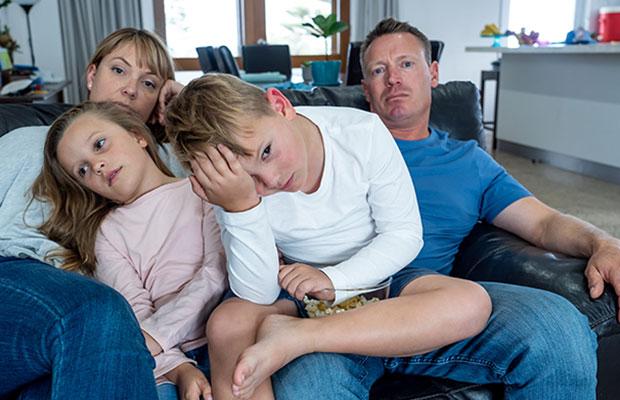





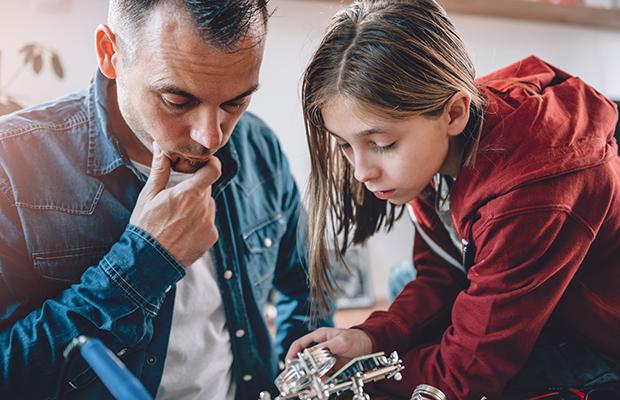








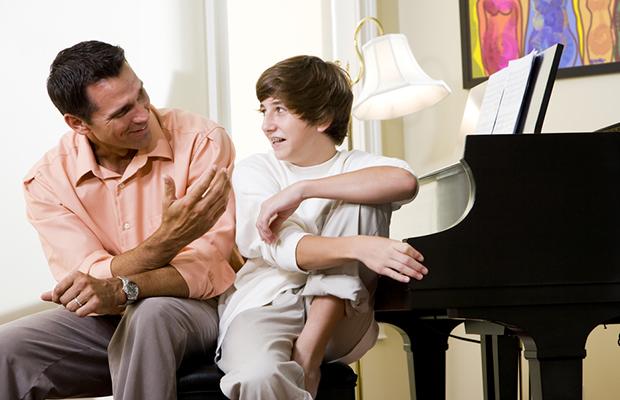


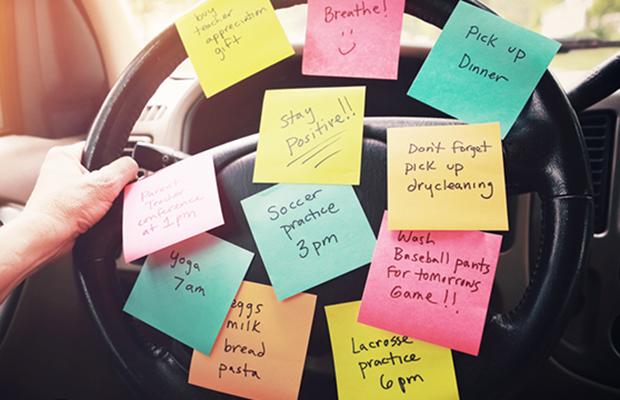

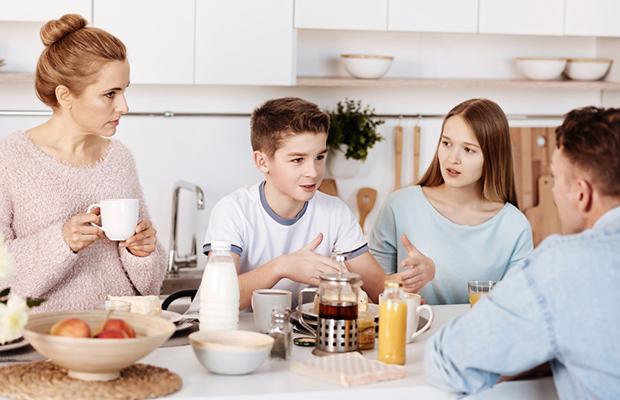
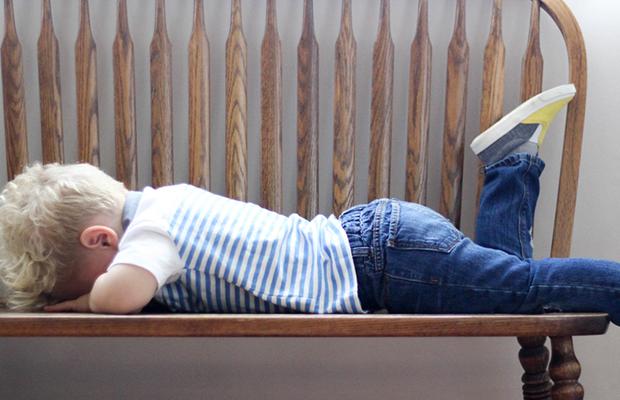

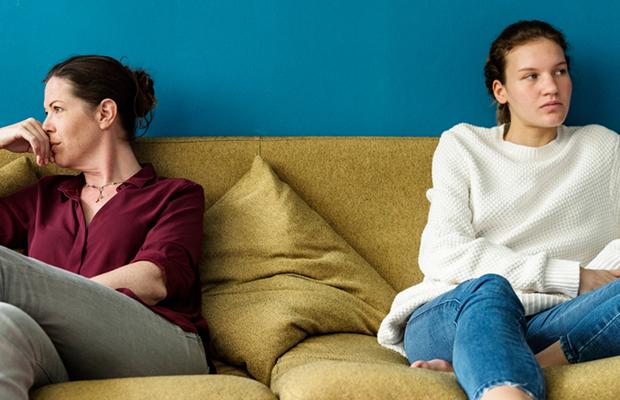







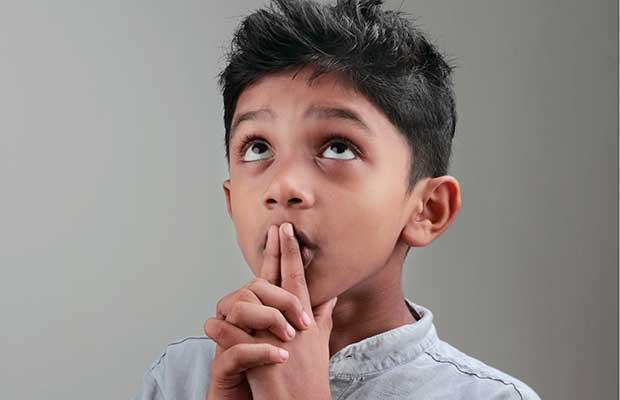
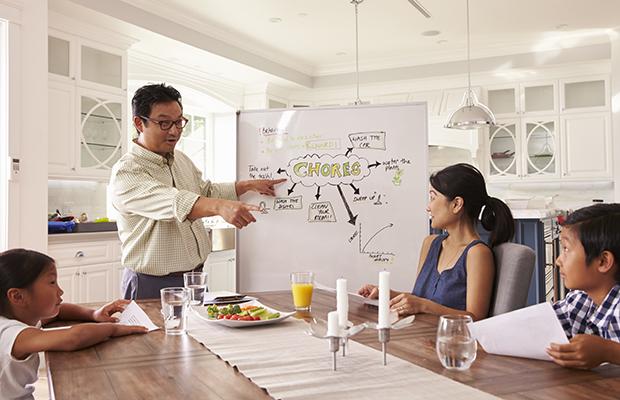
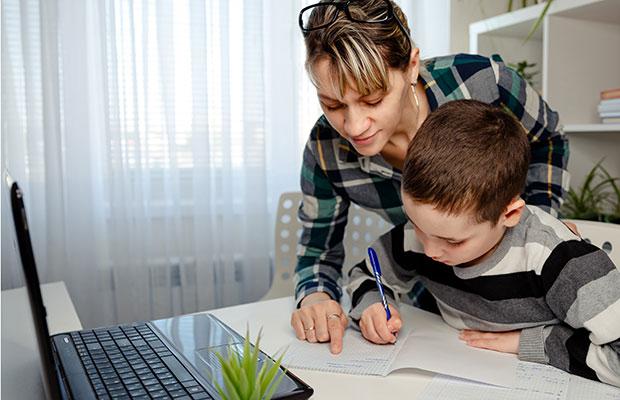
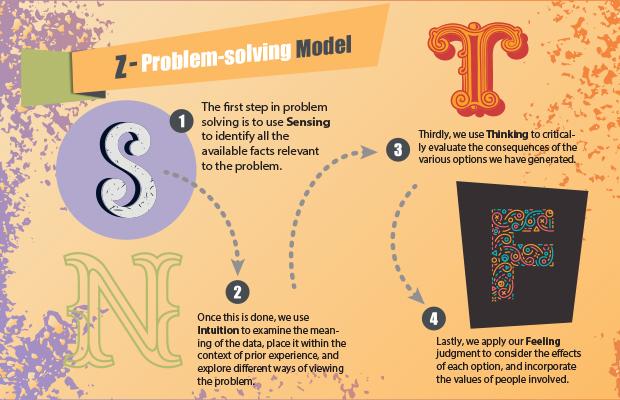
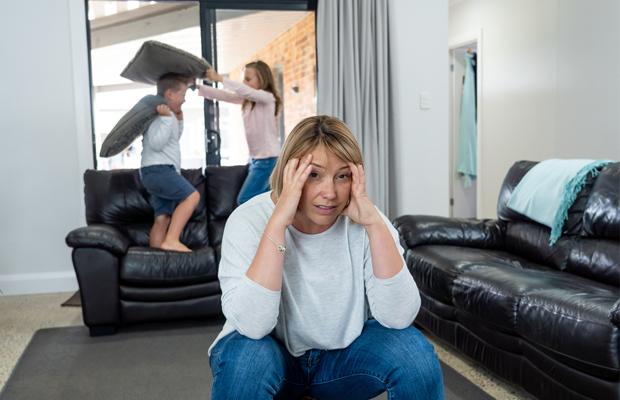










.png)

_thumb.png)
